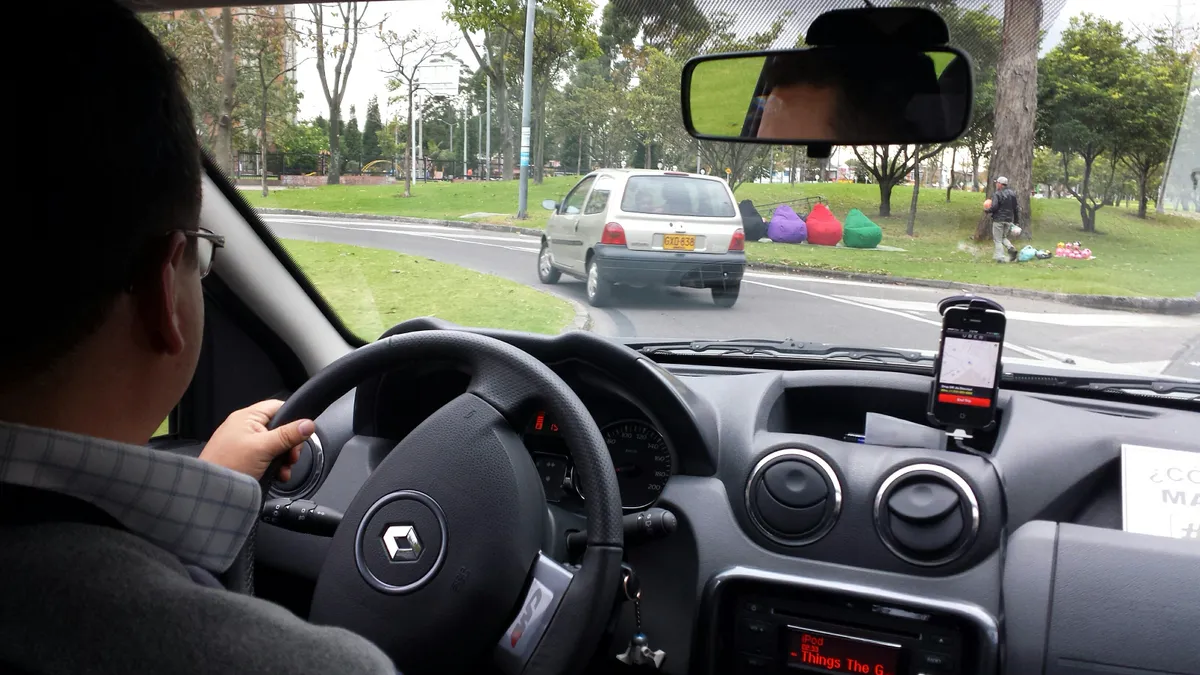Dive Brief:
- Uber employees gave the formerly scandal-plagued ride hailing company good marks in a leaked survey published in Business Insider. Of the more than 18,000 workers polled, 63% responded favorably to the statements "I feel fairly treated" and "Uber acts in a socially responsible way." More than half of employees in the survey (56%) said they could see themselves continuing to work for Uber in the next two years.
- Business Insider reported that employee ratings slipped for three statements in particular: "I am passionate about Uber's mission"; "I feel I can report ethical or compliance violations without fear of retaliation"; and "I have seen positive culture change take place at Uber over the past six months." Overall, however, these ratings remained fairly high, coming in at 77%, 71% and 62%, respectively.
- Uber faced a series of sexual harassment allegations in 2017 after ex-employee Susan Fowler went public with claims that the company tolerated misconduct. Travis Kalanick, Uber's former high-profile CEO, resigned in 2017 over handling of the issue. Liane Hornsey, senior VP and chief people officer, hired in early 2017, also resigned last year over allegations of mishandling discrimination claims.
Dive Insight:
For a company with a history of bad culture, these ratings point to improvement. Along with the sexual harassment claims and leadership changes, Uber also faced a series of lawsuits involving disputes over employee misclassification, arbitration, compensation and other issues. But following the scandals, court battles and firings, the company took steps to overhaul a culture that was considered sexist, as well as task-driven at all costs. The attempt at a sea change included consultations with high-power troubleshooters like former U.S. Attorney General Eric Holder.
Uber may well eventually demonstrate that a company can come back from a damaged reputation. A brand remake can create a positive employee experience, restore a company's reputation with the public and give it an edge in attracting talent. This is critical in a tight labor market, as research shows today's job seekers routinely visit online rating sites to find out how employers are viewed and pass over those with low scores.
According to Business Insider, Uber polls employees every six months. By regularly surveying workers, employers can gauge satisfaction and engagement levels, and flag any changes that could threaten brand integrity.









